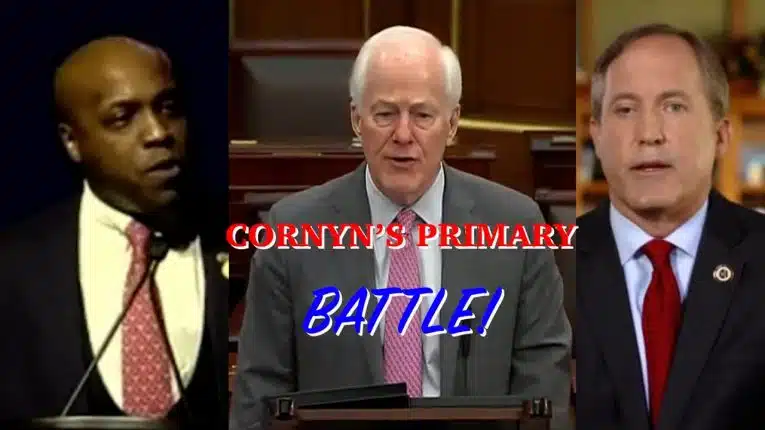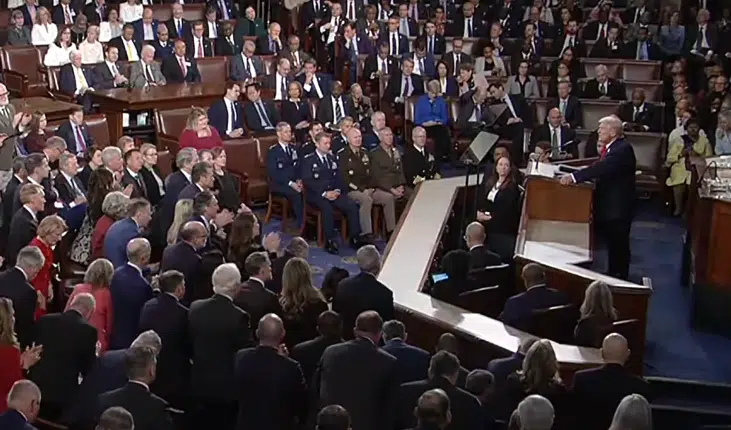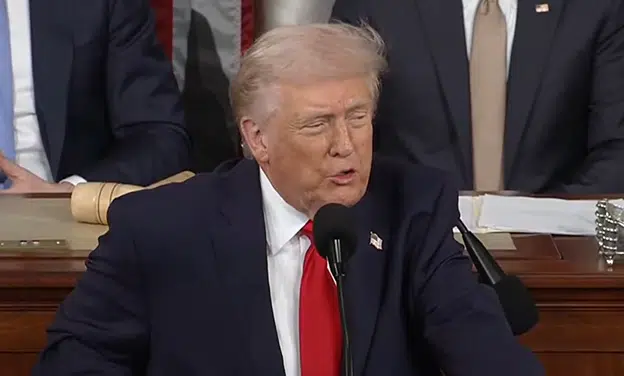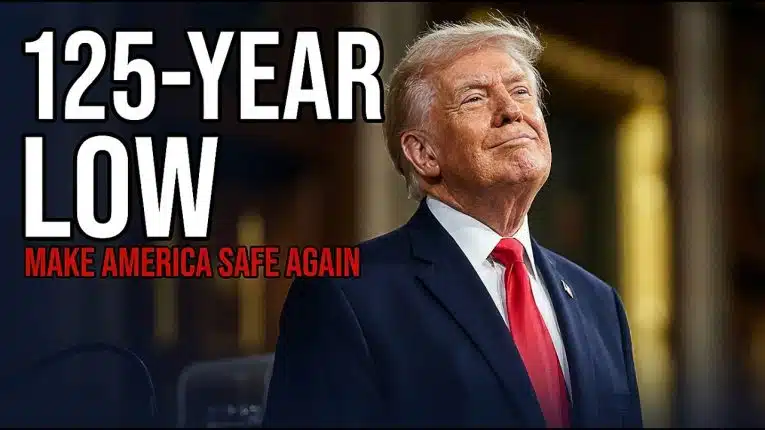By Natalia Castro and Robert Romano
President Trump took a major step toward ensuring the safety of the American people, an executive order entitled “Protecting the Nation from Foreign Terrorist Entry into the United States” that halts the entry of additional immigrants and refugees from seven target countries that are terror hot spots, including Iran, Iraq, Syria, Sudan, Somalia, Libya and Yemen.
The order places an immediate hold on all visas from those countries and provides critical agencies with time goals to generate reports and uniform standards for vetting asylum seekers. It instructs the Secretary of Homeland Security to create a list of counties that “do not provide adequate information” to adjudicate visas proving “that the individual seeking the benefit is who the individual claims to be and is not a security or public-safety threat.”
Meaning, the order could be expanded if countries with nationals seeking to immigrate to the U.S. do not cooperate in the new vetting process the Trump administration is developing.
The American Civil Liberties Union (ACLU) has already filed a complaint against the Trump administration. The organization alleges that the Trump administration has violated immigrants’ due process rights, the ACLU case writes, “The EO discriminates against Petitioners on the basis of their country of origin, and without sufficient justification, and therefore violates the equal protection component of the Due Process Clause of the Fifth Amendment.”
Of course, would-be immigrants who might like to travel to the U.S, who are subject to the executive order, are not U.S. citizens nor do they possess any legal status here. They are not subject to constitutional protections.
There is no constitutional right to immigrate to the U.S., nor any constitutional requirement that the border remain open for all-comers.
The ACLU ignores Trump’s inherent executive authority under Article II of the Constitution to issue the order, the National Review’s Andrew McCarthy notes, “At issue is a matter related to the conduct of foreign affairs — a matter of the highest order of importance since it involves foreign threats to national security. If there were a conflict here, the president’s clear constitutional authority to protect the United States would take precedence over Congress’s dubious authority to limit the president’s denial of entry to foreign nationals.”
The ACLU also neglects a critical component of law, 8 U.S.C. Section 1182(f), which states the president may “suspend the entry of all aliens or any class of aliens as immigrants or nonimmigrants, or impose on the entry of aliens any restrictions he may deem to be appropriate.”
It is a section of law even former President Barack Obama is familiar with, Americans for Limited Government President Rick Manning noted in a statement: “It is a fact that Obama himself as president issued three so-called 212(f) travels bans, as presidents have broad authority to do so under 8 U.S.C. Section 1182(f), which was never repealed by the 1965 Immigration Act and therefore can only be read as a presidential exception in order for the two statutes to be read consistently. That is out 16 such travel active bans that were issued by presidents over the years prior to Trump’s inauguration.”
In fact, the countries which Trump is targeting are nothing more than the countries which Obama instituted travel restrictions on, the 2015 exceptions to the visa waiver program Congress stipulated under 8 U.S.C. Section 1187(a)(12). As Matt Vespa of Townhall reminds, “In February 2016, the Obama administration added Libya, Somalia and Yemen to the list of countries one could not have visited — but allowed dual citizens of those countries who had not traveled there access to the Visa Waiver Program. Dual citizens of Syria, Sudan, Iraq and Iran are still ineligible, however.”
Presidential restrictions on travel and immigration to specific countries for national security issues are not new or illegal actions, they is a necessary and well within Trump’s constitutional and legal authority as president to address.
“Addressing this issue is long overdue, and will grant the U.S. the time it needs to reevaluate its broken immigration system and refugee programs, and if necessary, to expand these efforts in order to best protect the American people,” Manning added.
Yet Republican Senators John McCain (R-Ariz.) and Lindsey Graham (R-S.C.) released a joint statement condemning the president. The two wrote that, “We should not turn our backs on those refugees who have been shown through extensive vetting to pose no demonstrable threat to our nation… Ultimately, we fear this executive order will become a self-inflicted wound in the fight against terrorism.”
McCain and Graham ignore the danger our country is in. Investigations that began last year under the Obama Administration are still underway discovering the flaws in our security vetting processes.
In 2011, the State Department suspended processing of refugees from Iraq for six months after the al Qaeda terrorists in Kentucky who had snuck into the country posing as refugees were caught by the FBI.
More recently, the LA Times of Jan. 2017 explained a glitch in the vetting system which was discovered in 2015 and prevented U.S. officials from conducting background checks on refugees. According to the report, “The refugees whose cases are under review include one who failed a polygraph test when he applied to work at a U.S. military installation overseas and another who may have been in communication with an Islamic State leader.”
The vetting system President Obama hails as secure and McCain claims is “extensive” has missed repeatedly individuals who actively communicated with terrorist leaders.
Even during the San Bernardino terror attacks, Mariya Chernykh, a Russian national married to Enrique Marquez Jr., pleaded guilty to conspiracy, perjury and making false statements on information surrounding the terror attack. The couple now also faces charges which intend to prove that their marriage was a sham in order to receive the green card necessary for Marquez to involve himself in the attack coordination.
NBC News continues to report that, “Marquez, 24, is also alleged to have bought explosive material which was then later found in a pipe bomb recovered at the scene of the shooting rampage at the San Bernardino Inland Occupation Center.”
The vetting process is far from the infallible system the left and even McCain and Graham pretend it is, and now Trump is attempting to fix that system. Temporarily suspending travel from terror hotspots while the administration gets a policy for real, effective vetting in place, is a common-sense move aimed at protecting the American people — the government’s first and foremost responsibility.
Natalia Castro is a contributing editor at Americans for Limited Government. Robert Romano is the senior editor of Americans for Limited Government.







